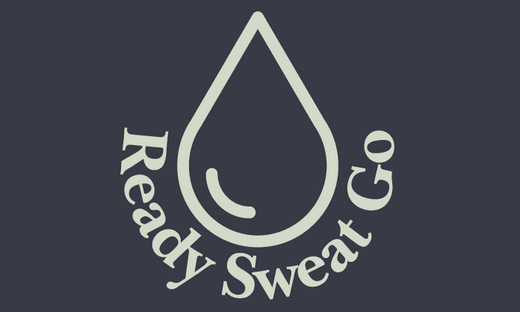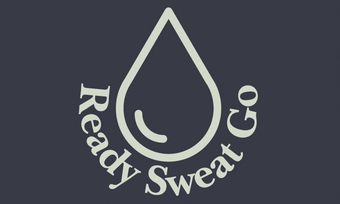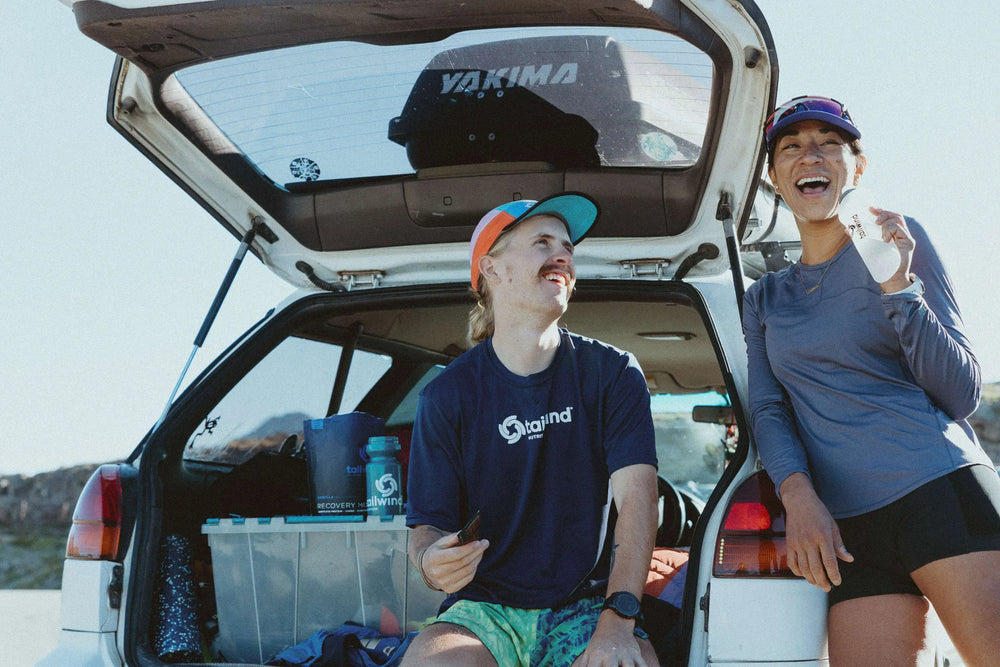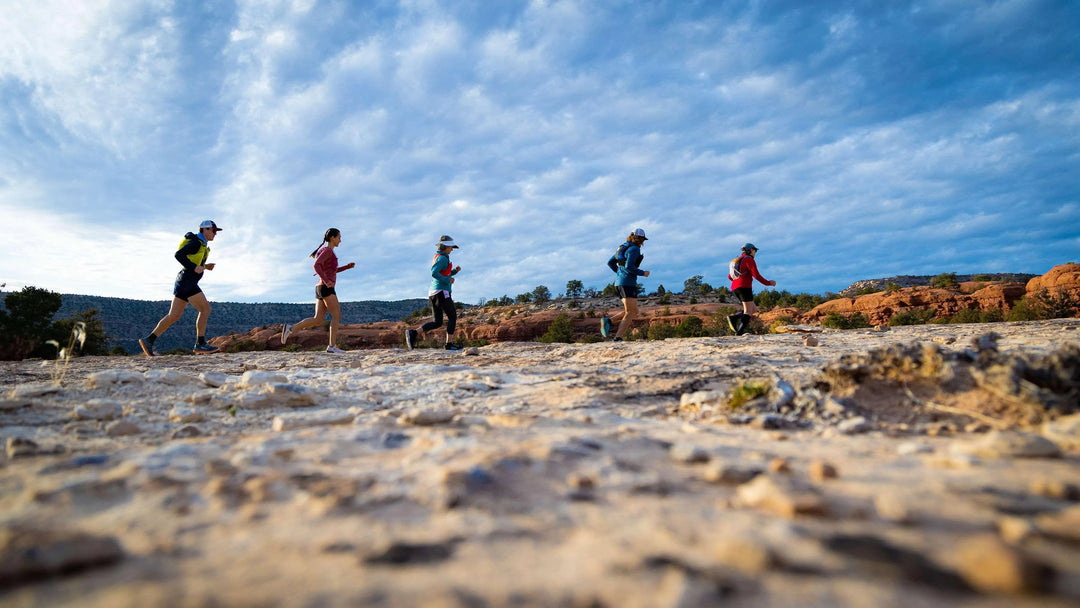This means any sort of sunscreen is important, but in a race environment, where every tiny factor can be a benefit or hindrance, not all sunscreens are equal.
You’ll want a light sunscreen that can fit in a small rucksack or pocket. It needs to be easy to apply so you can take it out and use it while on the move. Staying safe in the sun is vital, but who would be happy stopping to top up their sunscreen? Exactly. This means you need an option that is easy to open, apply, and close without pausing or halting.
You also need to think about how you apply it and how it impacts your performance. If you rub sunscreen in, there’s a chance your hands will become greasy. If you’re rowing, climbing rocks or need to grip in any way, this might compromise your finish time, perhaps even your safety.
You require a sunscreen option that is non-greasy and which can be largely applied without having to rub in.
When you have crucial criteria like this, your options are limited, but not completely redundant. A sunscreen stick with a SPF of 50+ provides you with the protection you require without compromising your performance. After you’ve put in the hours and hard graft training, you don’t want to let yourself down on the day, or place yourself in danger in the aftermath, by taking silly risks.

























